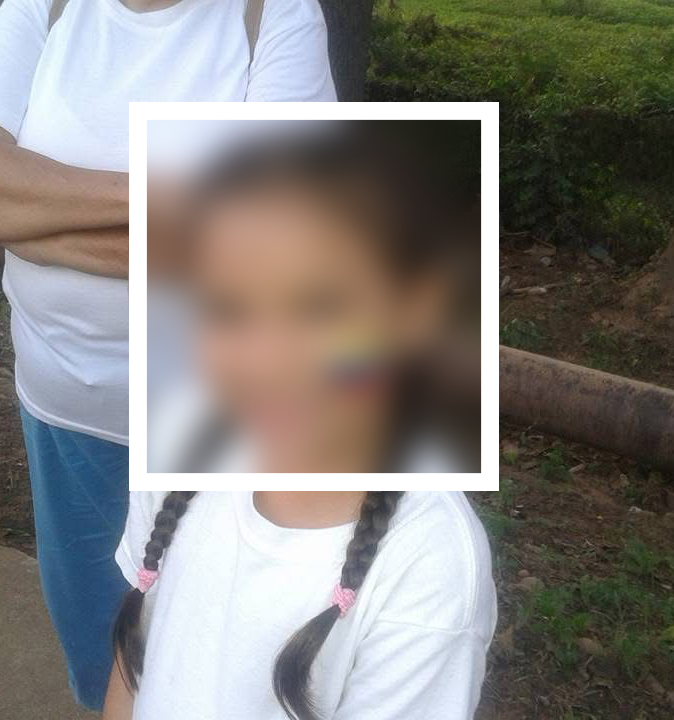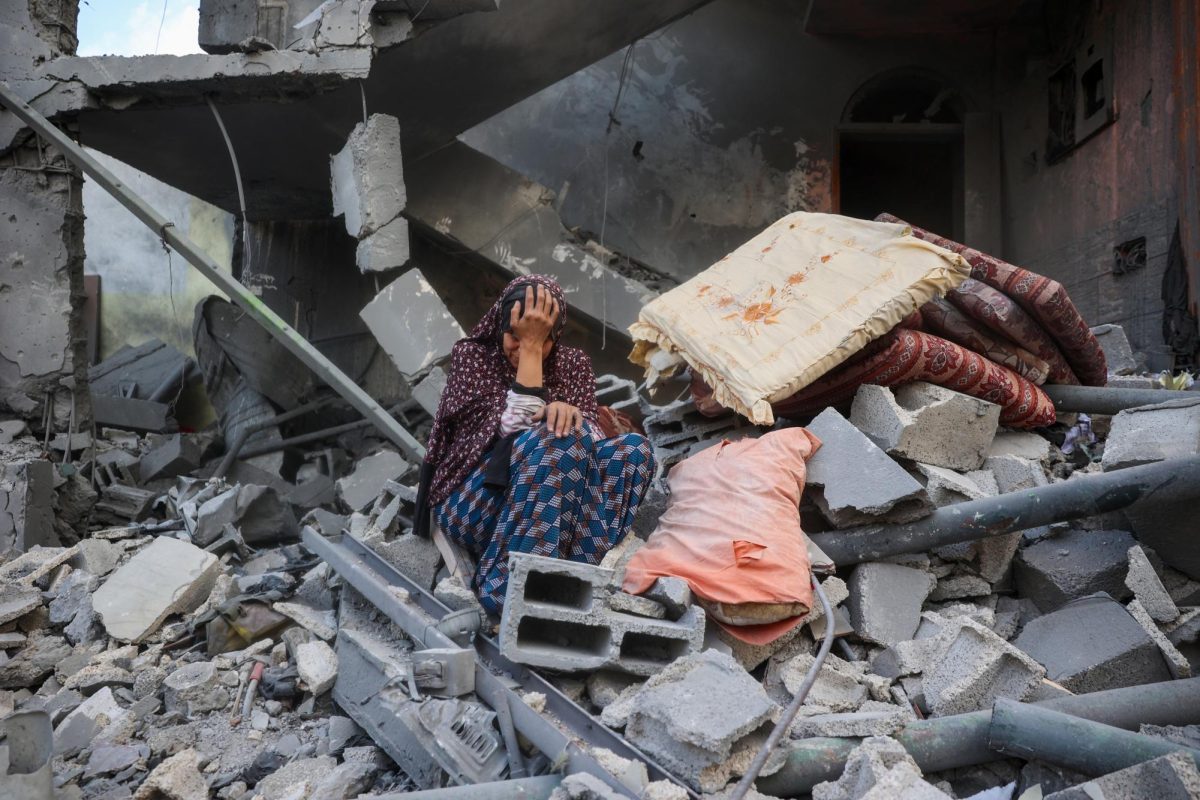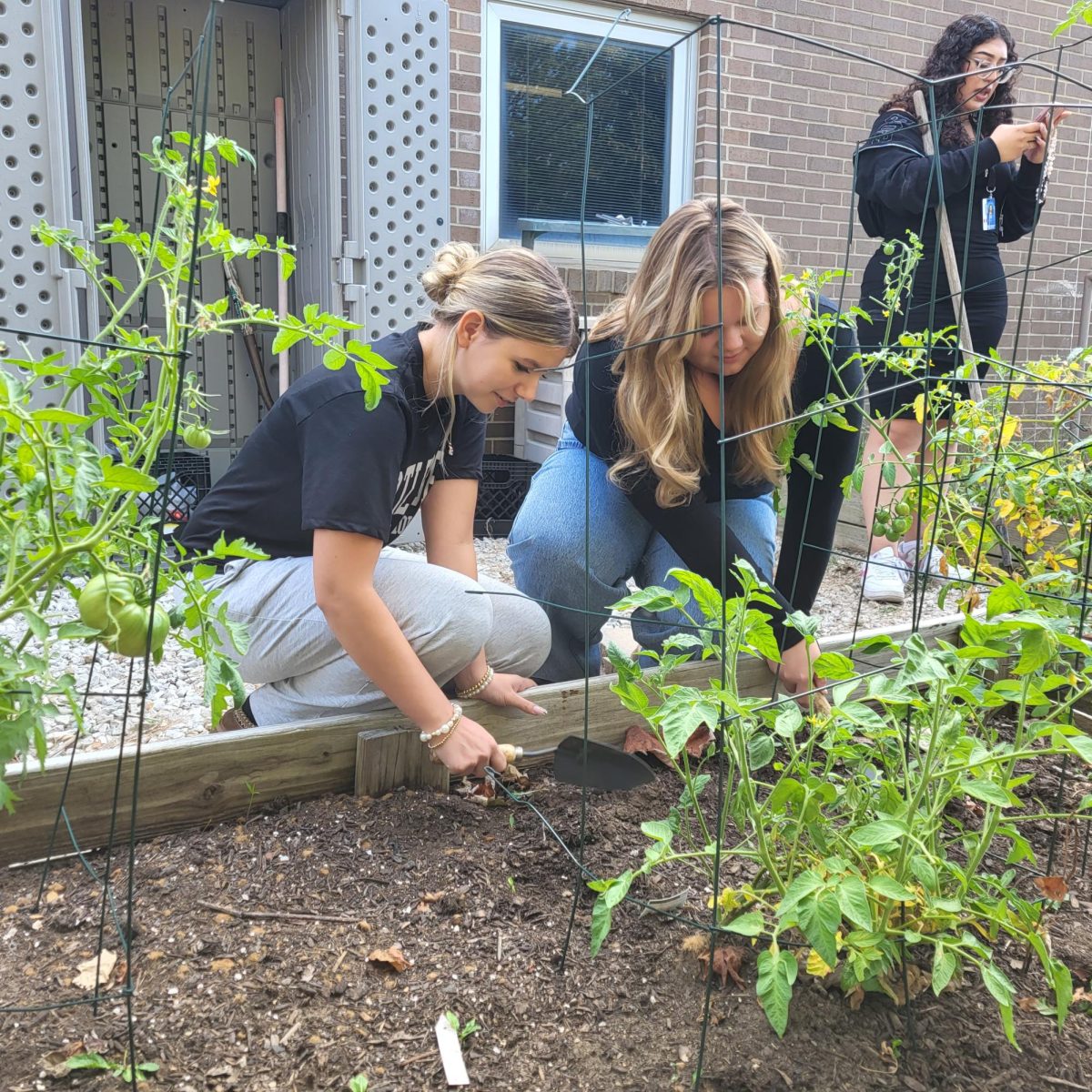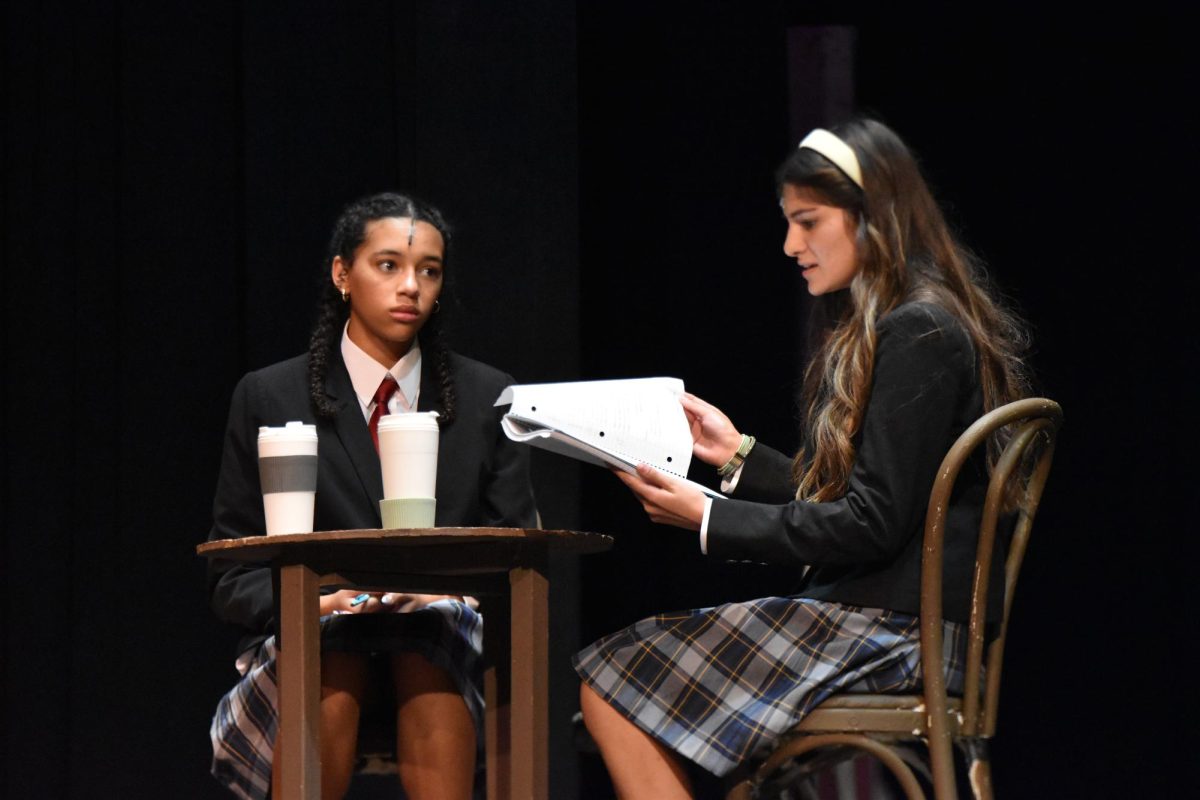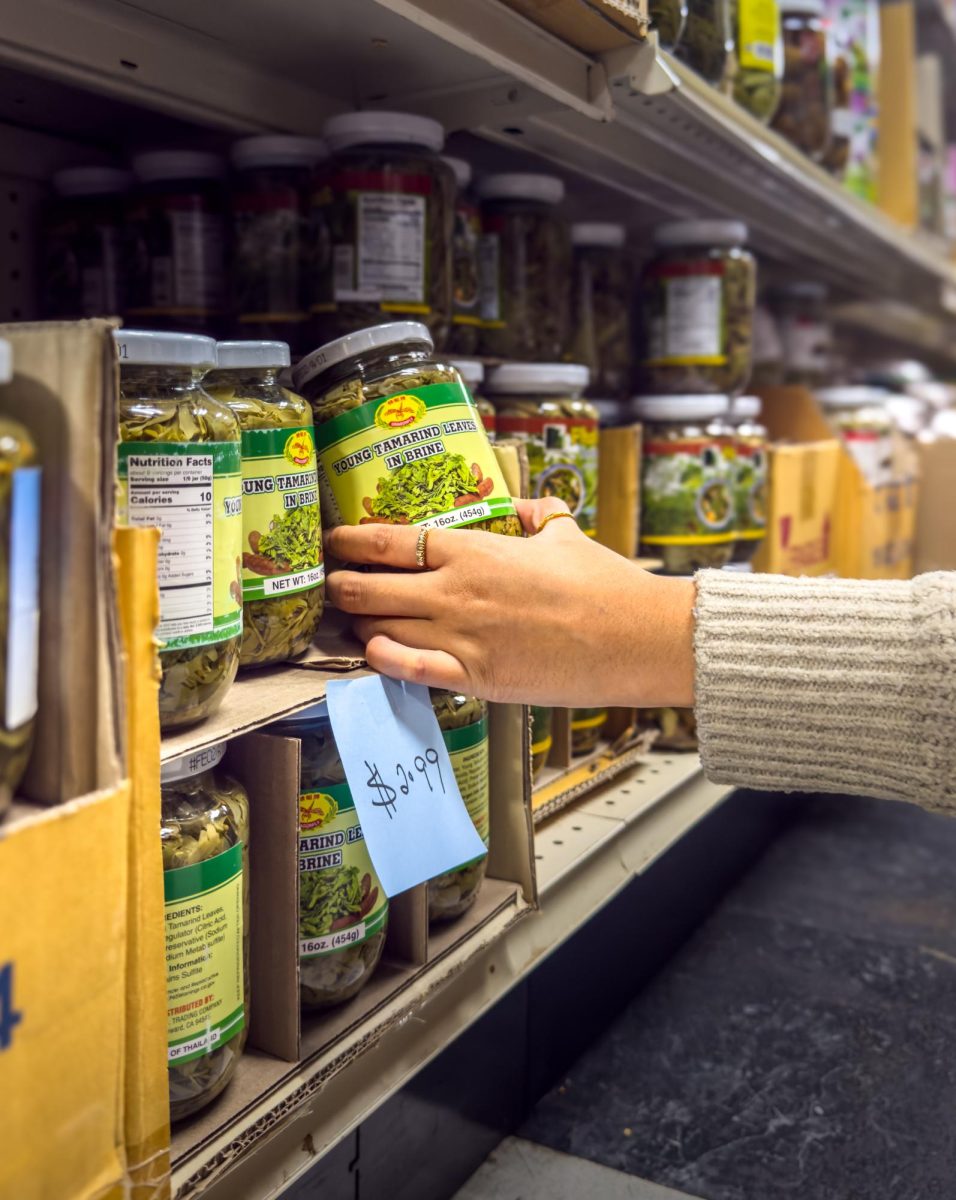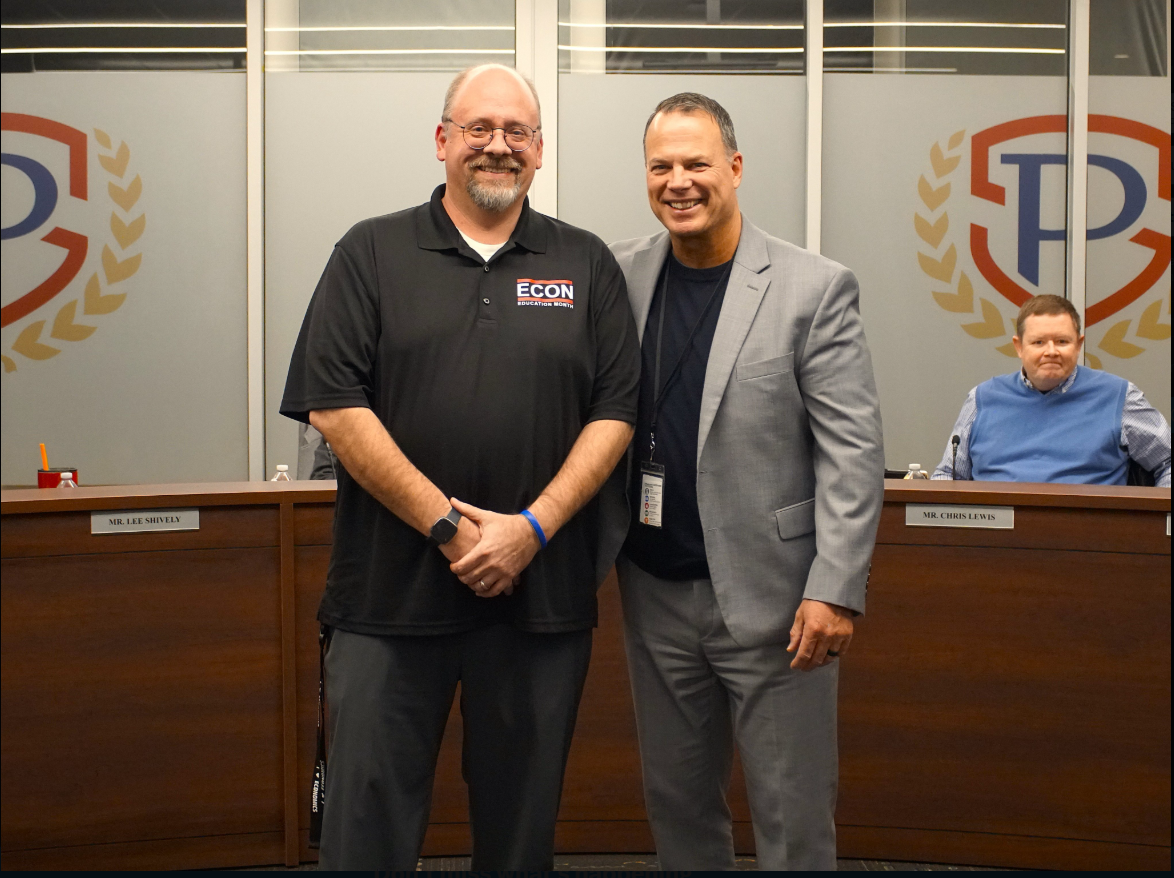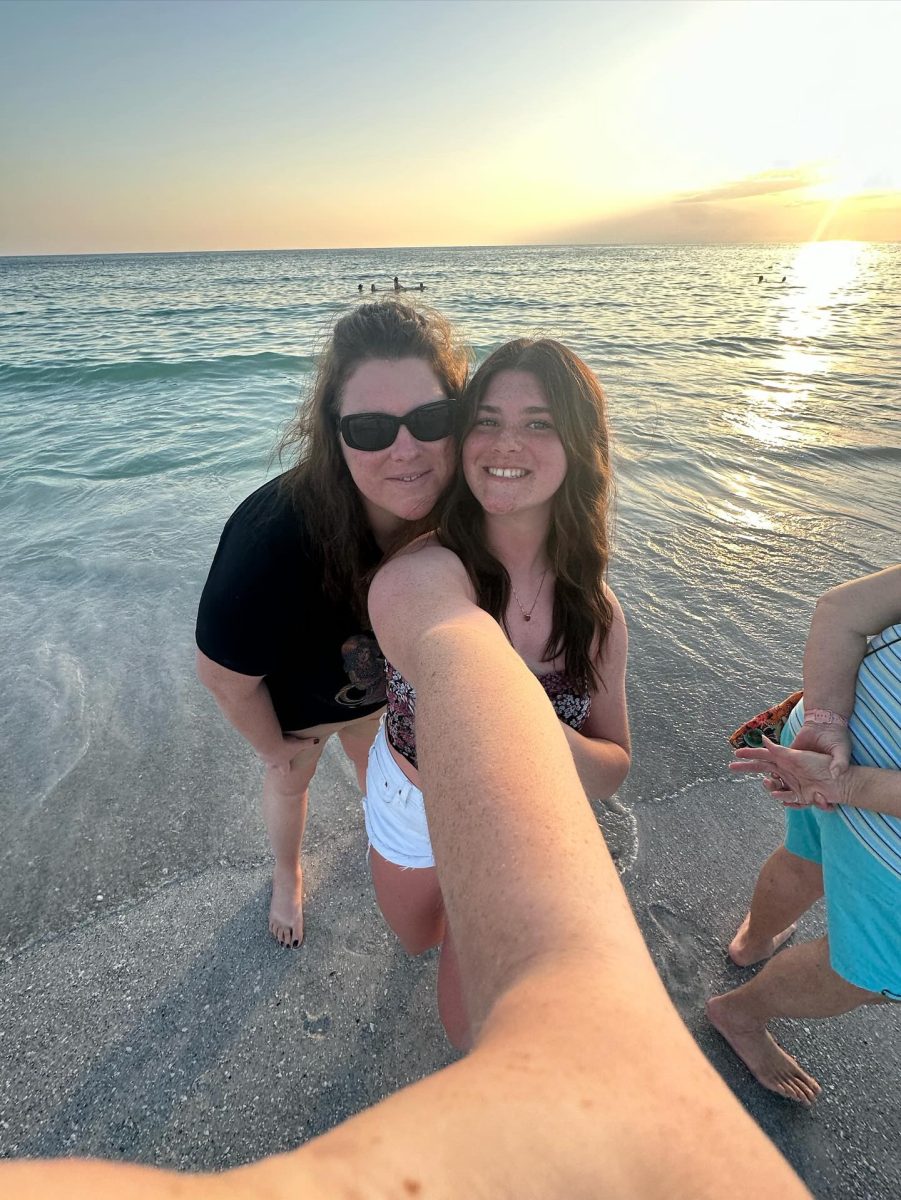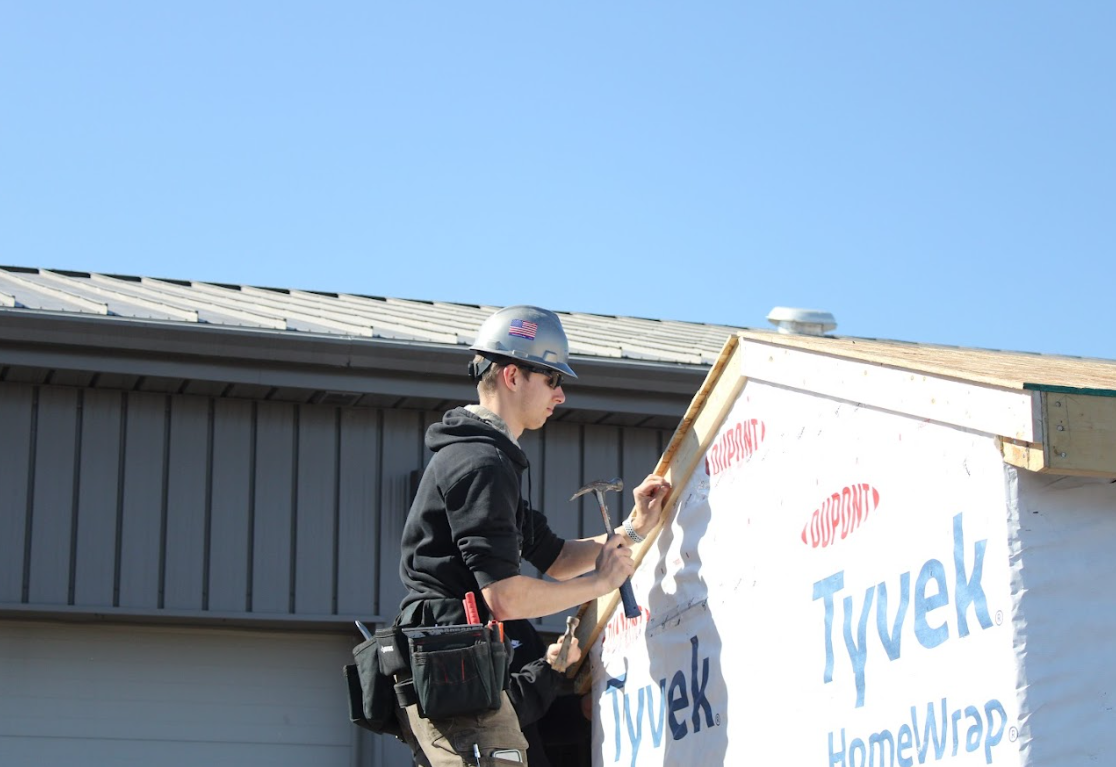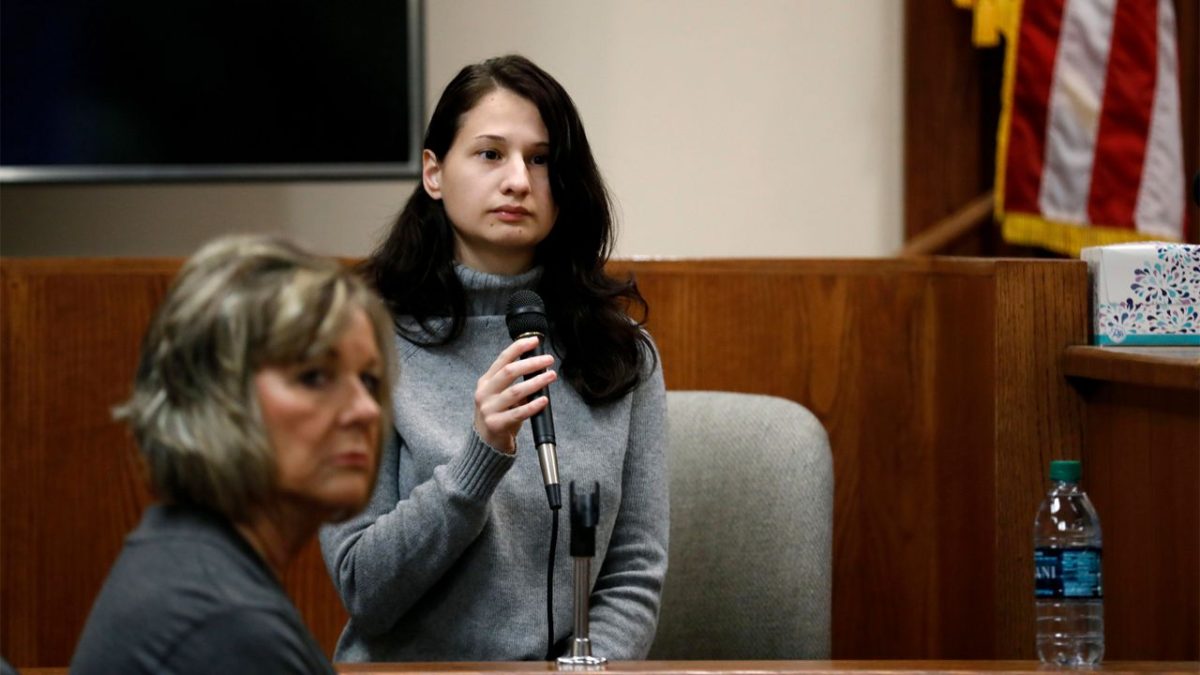Context: Hugo Chávez, the former president of Venezuela, headed social programs along with price and currency controls, all funded by the country’s large crude oil reserves. From 1999 to 2013, Chavez exercised control through authoritarian tactics such as media silencing, tampering with democratic and due process and intimidation. When Chavez passed away in 2013 Nicolas Maduro took his place in a special election. Maduro has since been reelected in 2018 and 2024. In the recent 2024 election Maduro claimed to have won, but there were claims of widespread fraud concerning his victory.
It has become dangerous to protest in Venezuela due to Maduro’s policy. Today the country faces challenges with poverty, oppression, starvation and violent military control.
Perry Township schools are incredibly diverse; this is not a new fact for most PMHS students. As of 2022, around 30% of Perry Township students were refugees or immigrants, making it one of the highest in the state, according to WISH-TV. Here is one student’s story, demonstrating the ways new laws have created obstacles in the lives of immigrants in Perry Township.The interview was conducted in Spanish and the interviewee will be referred to as Jane Doe to protect her from any potential legal backlash. “Yo no me puedo defender en ingles, [pero] él sí… Y esa pasa a muchas personas aquí [I cannot stick up for myself in English, [but other people can] and this happens to many people here],” Doe said.
Doe is navigating life in the United States after immigrating from Venezuela in October 2023. Her mother, siblings and her were granted entry under president Joseph Biden’s Temporary Protected Status (TPS) policy. The TPS program began in 1990 when Bill Clinton was president and has been a continued policy under presidents of both political parties since. The Biden administration’s policy gave a legal pathway to allow for around 30,000 Venezuelans, Nicaraguans, Cubans and Haitians to have protected status to work and live in the U.S. The policy was set to expire in September 2025, after being reinstated in 2023. But, once President Donald Trump took office in January of this year, he set TPS to expire on February 7, 2025 for all 2023 immigrants, and the Supreme Court upheld this decision, according to the American Immigration Council.
“Eliminaron TPS, es lo único que nos protegía mi familia para estar legal aquí entonces ya no teníamos un permiso para estar en [los] Estados Unidos [They got rid of TPS. It was the only thing protecting my family to be here legally, so we no longer have permission to be in the U.S.],” Doe said. However, the Supreme Court ruling is only prospective, meaning that it will be carried out in the future, but not immediately.
Uscis.gov states that TPS is granted due to extreme conditions in a country such as war, natural disaster and “extraordinary and temporary conditions.” As of September 9, 2025, only 12 countries have TPS and five, such as Afghanistan and Burma, were set to expire September 10, 2025. Venezuela’s TPS is being actively ruled on by different federal judges to determine if it should remain intact. “This case arose from action taken post haste by the current DHS (Department of Homeland Security) Secretary, Kristi Noem, to revoke the legality of Venezuelan and Haitian TPS holders,” Federal judge Edward M. Chen wrote in his ruling on the strike down of TPS. An elimination of TPS means sending holders back to countries where there are travel bans or advisories. According to the ACLU of Northern California, his ruling maintained TPS for recipients as long as they applied by September 10, 2025.
Regardless of Federal Judge Chen’s ruling, the constant change in policy is an uncertainty for TPS holders.“No me siento segura más. No me sentí como protegida… Me sentí vulnerable porque en cualquier momento nos podían sacar de aquí. Yo no tengo adonde ir, ni mi familia, ni nadie [I do not feel safe anymore. I didn’t feel protected. I felt vulnerable because at any moment they could take us from here. I do not have anywhere to go, nor my family, nor anyone,” Doe said. This is an uncertainty that has been daunting for not only Doe, but her mother as well. “Mi mamá se preocupó demasiado [My mom was really worried],” Doe said.
Venezuela, along with many other countries that were given TPS, are in forced migration crises due to poverty, hyperinflation and shortage of goods, to name a few. Countries like Burma, Afghanistan and South Sudan all had TPS under the Biden Administration. These circumstances, along with personal struggles, led to Doe’s family deciding that leaving Venezuela was necessary. “Mi mama estaba soltera y no podía con mis hermanos y yo [my mom was single and could not [manage] with my siblings and I],” Doe said. “Entonces mi mamá decidió [mudarse para] una educación [y] una mejor vida [So, my mom decided to move for an education and a better life].”
Upon arriving in the U.S., Doe began school in Perry Township. “Al principio no fue fácil, [toco] acostumbrarme a otro idioma y otras personas [At first, it was not easy because I had to become accustomed to another language and people],” she said. Doe is learning English and understands the struggles of other immigrants learning English. “Sé lo que siente llegar a un país nuevo que no hablen tu idioma, que tu tengas que resolver todo por ti misma [I know how it feels to come to a new country where they do not speak your language. You have to figure out everything by yourself],” she said.
Despite this frustration, Doe mentions feeling welcomed at school because of her teacher’s dedication to making sure she can understand the class content. “[En] la escuela me siento bien. Las personas me aceptan [At school, I feel good. People accept me],” she said.
Outside of school, though, the narrative is different. “A veces duele el comentario de la gente por la situación que estamos pasando. No es nuestra culpa que tengan un presidente así y el gobierno [Sometimes people ‘s comments about the situation that we are in hurt. It is not our fault that we have a president and government that are like this],” Doe said. American policy has influenced hateful rhetoric towards immigrants such as Doe, which has been further backed by policies that remove immigrant ‘s status in the U.S. “No somos monstros. No somos lo que ustedes creen que somos [We are not monsters. We are not what you all think we are].”
“Cuando tu conoces verdaderamente un inmigrante y conoces su historias detrás de lo que es emigrar, detrás de lo que pasan, de detrás de las lágrimas, entiendes verdaderamente lo que ellos sufren [When you truly know an immigrant, and you know their story from before they emigrated, before what happened, before the tears, you see truly that they suffered],” she said. Doe, along with many others have immigrated for a better quality of life, for safety, for education. “No somos criminales, somos gente normal, gente que tiene familia, gente que tiene corazón también [we are not criminals, we are normal people, people that have family, people that have hearts too],” she said.
The U.S. has a rich history of immigrants seeking opportunity, asylum and safety here, but with the recent policies set by the Trump administration, that is rapidly changing. “Yo siento que obviamente respeto las reglas de su país y entiendo que quiera proteger a su gente… hay gente mala como [en] todos los países pero también hay gente buena. Gente que viene a trabajar y para una mejor vida. Yo no vengo para hacer daño a nadie [I obviously respect the rules of your country and I understand that they want to protect his people… but there are bad people in every country, and good people in every country, people that come to work and for a better life. I don’t come to harm anyone].”
Doe has a pride in her Venezuelan culture as well as gratitude for the U.S. through it all. “Yo soy mi país. Yo sigo llevando mi país en mi corazón [I am my country. I still carry my country in my heart],” she said. “….Estoy muy agradecida porque me dan la oportunidad de ser otra persona, conocer, aprender otro lenguaje… es una oportunidad muy grande [I am very grateful because [the U.S.] has given me the opportunity to be another person, to know and learn another language. This is a huge opportunity.]”
Many communities around the nation feel the impacts of the current immigration policy as it is very different from any policy before. Both political parties alike have engaged in immigration policy that invites, opposed to just removing immigrants. Former Democratic President Biden allowed TPS. Former Republican President Ronald Reagan, though he had stricter immigration policy than Biden, signed the Immigration Reform and Control Act of 1986 that “offered legalization, which led to lawful permanent residence (LPR) and prospective naturalization to undocumented migrants, who entered the country prior to 1982,” according to the Library of Congress. Though this law did punish employers who hired undocumented immigrants, it also gave the chance for immigrants to obtain legal status. Democratic president Barack Obama, Trump’s predecessor, also carried out deportations, like many presidents do, but put in place/upheld protections for immigrants like DACA and DAPA. Since becoming president again, Trump has attempted to remove protections for immigrants whilst carrying out mass deportations.
Major headline names such as Kilmar Abrego Garcia, an El Salvadorian who resided in Maryland, was detained in March by ICE, and the Trump administration is currently planning to move him to Eswatini, Africa despite the court order.
While the news cannot cover every immigrant story, Doe’s story is one here in our community. One of many. “[Tiene que haber] un poco más de empatía ¿y porque si fueras tú? [There has to be a little more empathy because what if it was you]?”


